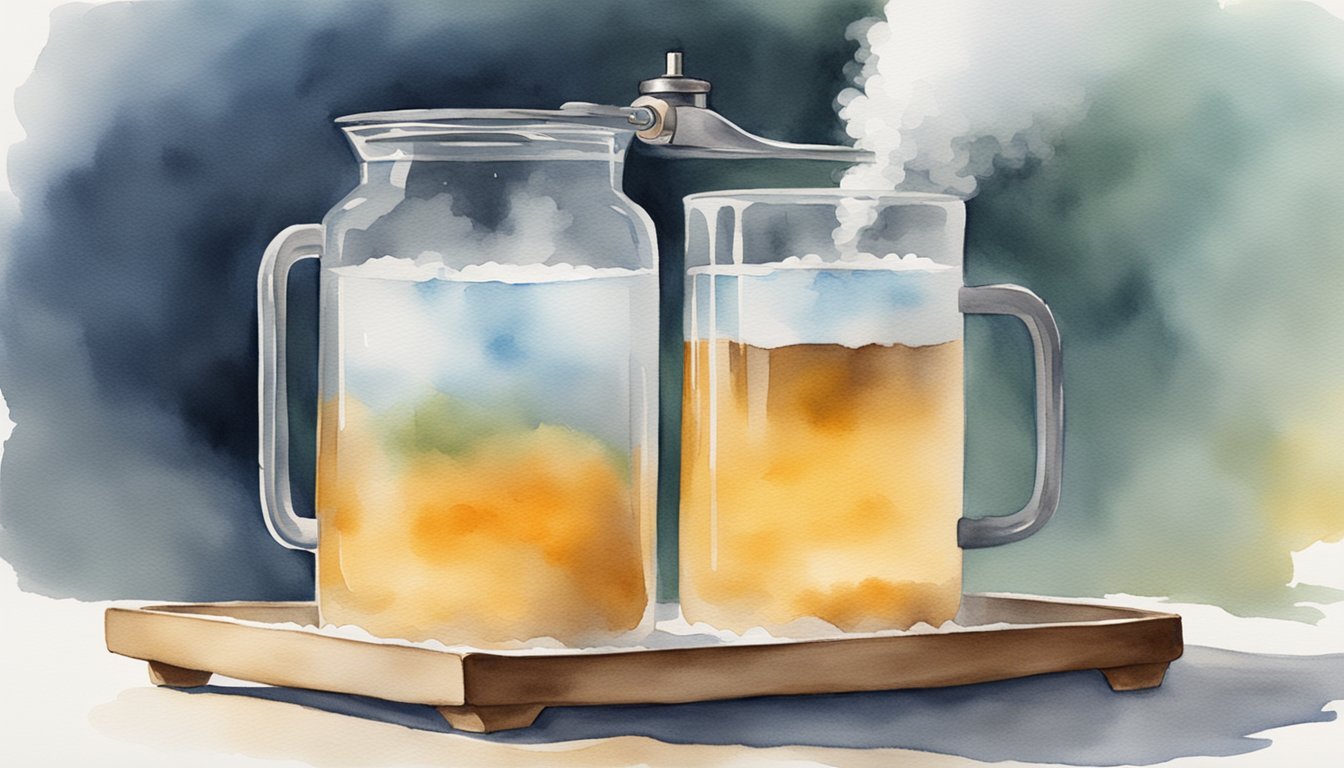Exploring the Mpemba Effect
The Mpemba Effect is a curious observation in thermodynamics that suggests under certain conditions, hot water can freeze faster than cold water. This counterintuitive phenomenon has puzzled scientists and sparked numerous investigations into its validity and underlying causes.
Historical Background
The Mpemba Effect is named after Erasto Mpemba, a Tanzanian schoolboy who in 1963 noticed that hot ice cream mix froze before the cold mix did. This observation led to collaboration with physicist Dr. Denis Osborne, culminating in a published paper that brought international attention to the effect. The concept, however, dates back to the ancient philosopher Aristotle, who also claimed that hot water freezes faster than cold.
Scientific Investigations
Numerous studies have aimed to understand the Mpemba Effect. Researchers such as Zhiyue Lu and Oren Raz have contributed significant insights through their work. One study posits that the interplay between evaporation, convection, and supercooling can lead to situations where hotter water does indeed freeze more quickly under certain conditions. Despite various experiments, a comprehensive and universally accepted explanation for the Mpemba Effect remains elusive.
The Role of Temperature and Cooling Rates
In investigating the Mpemba Effect, understanding the roles of temperature and cooling rates is crucial. Not every experiment confirms the effect; it seems to depend heavily on the specific conditions of the cooling environment and the properties of water used in the experiment. Factors such as the initial temperature of the water, the rate of cooling, container material, and the presence of impurities can all influence the outcome.
For further reading on the topic, one might explore an overview of the Mpemba Effect, delve into the scientific discourse around the experimentation and analysis of the phenomenon, or review contemporary studies that challenge and expand upon the initial findings.
Mechanisms and Theories

This section examines the mechanisms and theories that might explain why hot water has been observed to freeze faster than cold water in certain conditions.
Evaporation and Its Impact
Evaporation plays a critical role in the cooling process of liquids. When water is heated, the energy causes water molecules to move more quickly and some to escape as gas, resulting in evaporation. This mass loss can mean there’s less water to freeze, and it also removes energy from the liquid, affecting the freezing point. The phenomenon can be especially pronounced with hot water, as it evaporates more rapidly, potentially leading to faster cooling.
Convection Currents in Water
Convection currents are a form of heat transfer that occurs in fluids like water as the warmer, less-dense liquid rises and the cooler, denser liquid sinks. In hot water, these currents are more vigorous, which can contribute to a more uniform temperature throughout the liquid. The efficient mixing action facilitates a more consistent and possibly rapid phase change to ice crystals when conditions are right.
Properties of Water and Freezing Dynamics
Water exhibits several unique properties that influence its freezing dynamics, such as the density of liquid water decreasing below 4 degrees Celsius and the formation of hydrogen bonds as it transitions into ice. These factors, along with the presence of dissolved gases and solids, alter the energy landscape of water. This means that under certain conditions, such as nonequilibrium thermodynamics, hot water can undergo supercooling and freeze faster than cold water. Additionally, the structure of water molecules themselves and the process of heat transfer contribute to how water behaves as it approaches its freezing point in a freezer.

